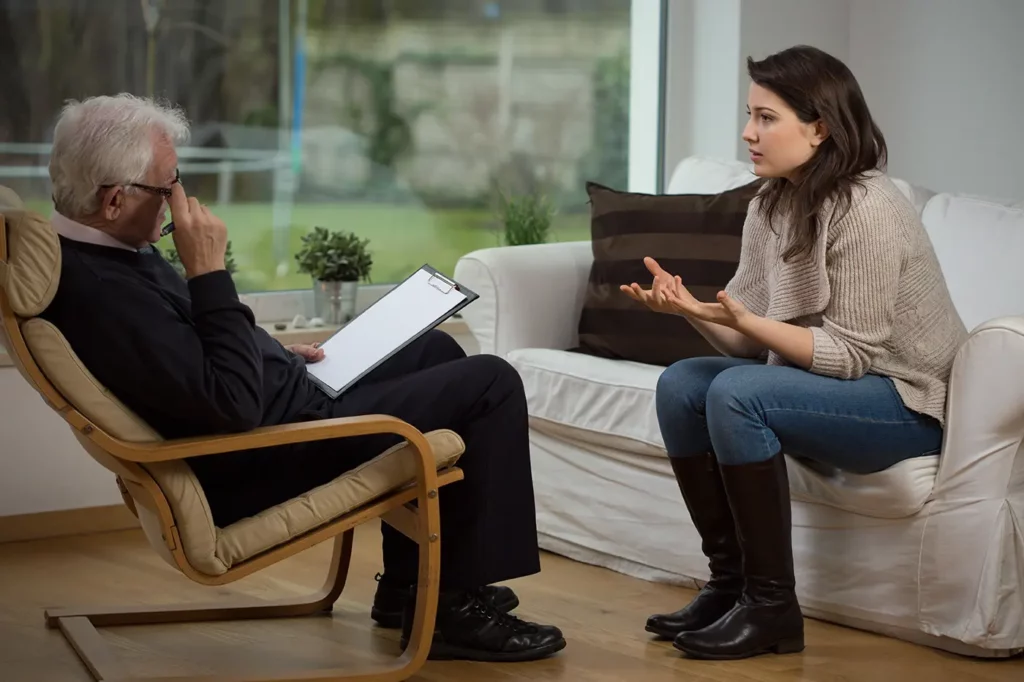24/7 Helpline:
(866) 899-111424/7 Helpline:
(866) 899-1114
Learn more about Benzo Detox centers in Monrovia
Benzo Detox in Other Cities

Living Proof Recovery Center
Living Proof Recovery Center is a private rehab located in Monrovia, California. Living Proof Recove...

Garfield Place Transitional Sober Living Home
Garfield Place Transitional Sober Living Home is a private rehab located in Monrovia, California. Ga...

Alcohol Abuse and Addiction Information and Treatment
Alcohol Abuse and Addiction Information and Treatment is a private rehab located in Monrovia, Califo...















Other Insurance Options

ComPsych

Optima

Medical Mutual of Ohio

UnitedHealth Group

Sutter

Meritain

BlueShield

Optum

Aetna

Ambetter

Providence

PHCS Network

MHNNet Behavioral Health

MVP Healthcare

WellCare Health Plans

BlueCross

Holman Group

Oxford

Molina Healthcare

Multiplan